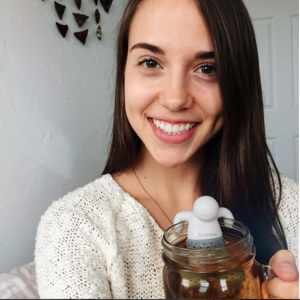The food industry seems to have a pretty lousy track record when it comes to honesty, preferring to win the consumer over with colorful packaging and silly commercials instead. Check out these seven food items with cringe-worthy ingredients that you’ve most likely eaten at some point in your life.
1. Sheep Wool in Your Cereal
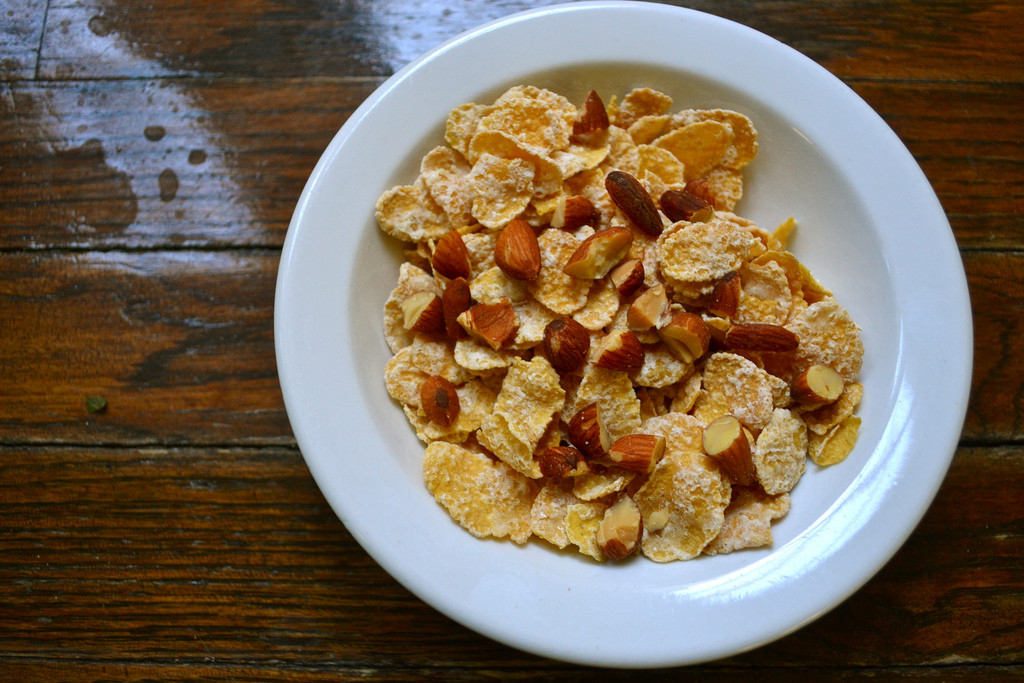
Photo by Kirby Barth
Lanolin, also known as vitamin D3, is a popular supplement added to most breakfast cereals — and it’s derived from sheep wool. Kind of ridiculous, considering you can get all of the vitamin D you need just from walking outside for 10-15 minutes every day.
2. Calf Stomach in Your Cheese Plate
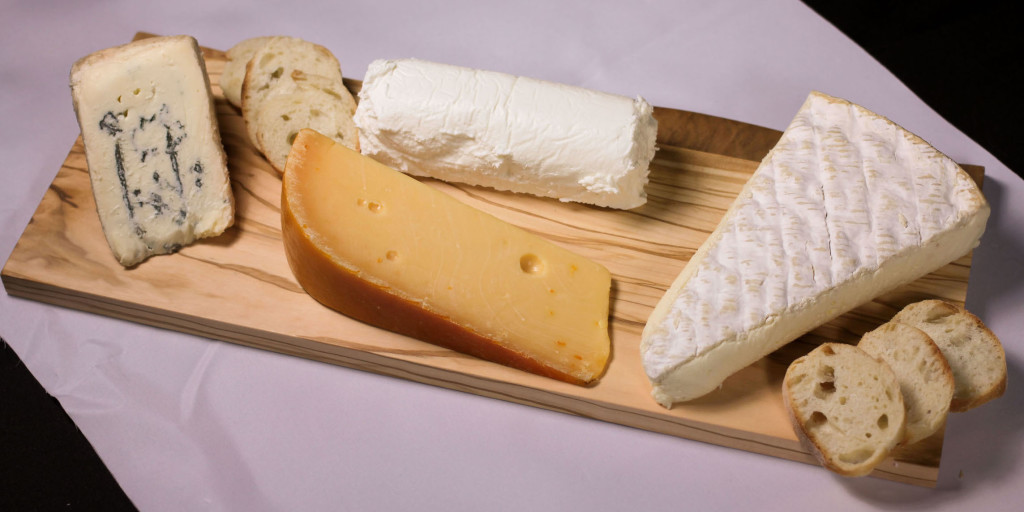
Photo by Matthew Wenger
Rennet is an enzyme derived from the stomachs of baby calves that helps cheese to thicken. Most commercial cheeses now use cheaper alternatives, but many European and artisan cheeses still use ground animal stomachs to make that brie extra creamy.
3. Boiled Skin in Your Fruit Snacks
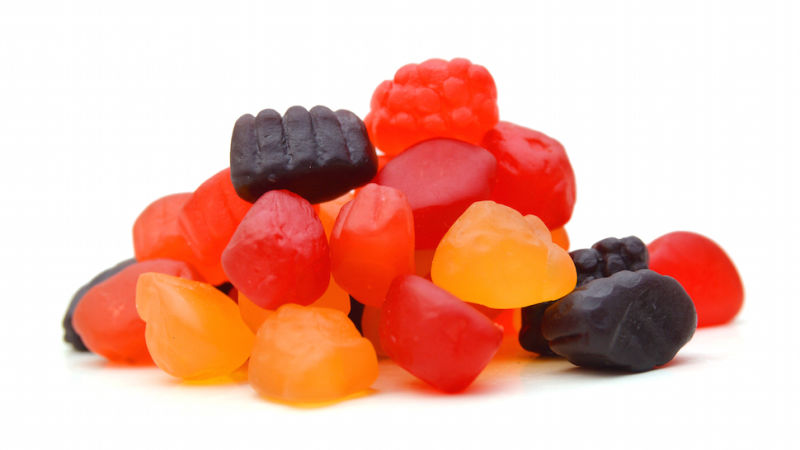
Photo courtesy of jezebel.com
Gelatin is made from boiling animal skin, tendons, and bones in water, usually from cows or pigs. It’s also in your marshmallows, cream cheese, and Jello shots… yum.
4. Ground Bugs in Your Red Wine
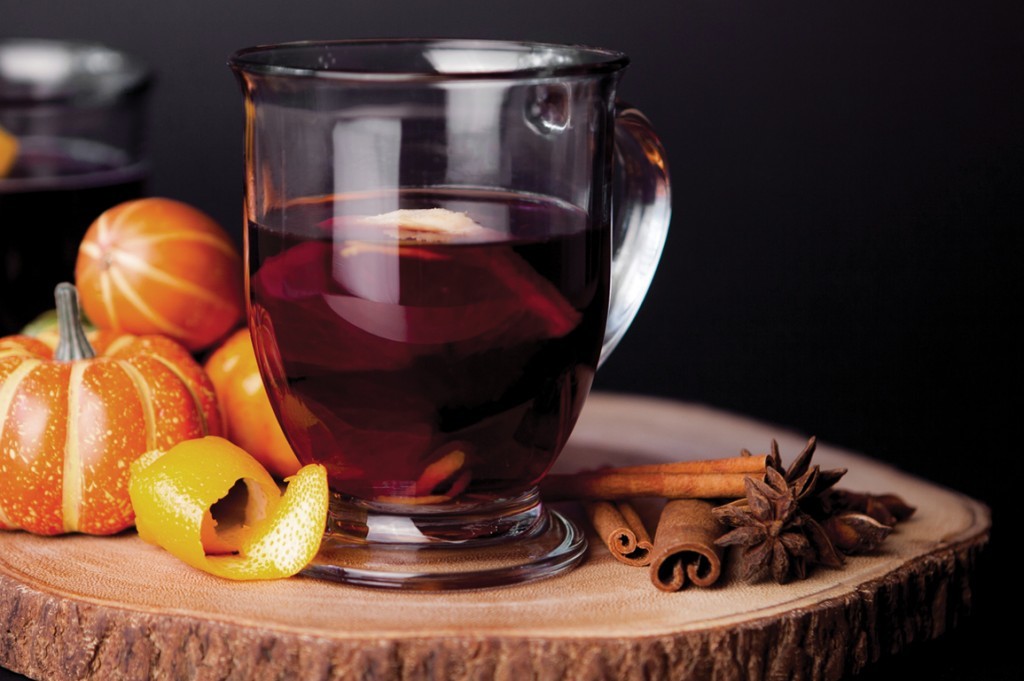
Photo by Daniel Schuleman
The cochineal bug may be used in your classy (or trashy, we’re not judging) evening beverages. These insects are ground up to create a red dye that is also used in red velvet cake mix, colored yogurts, and makeup.
5. Beaver Anus in Your Ice Cream
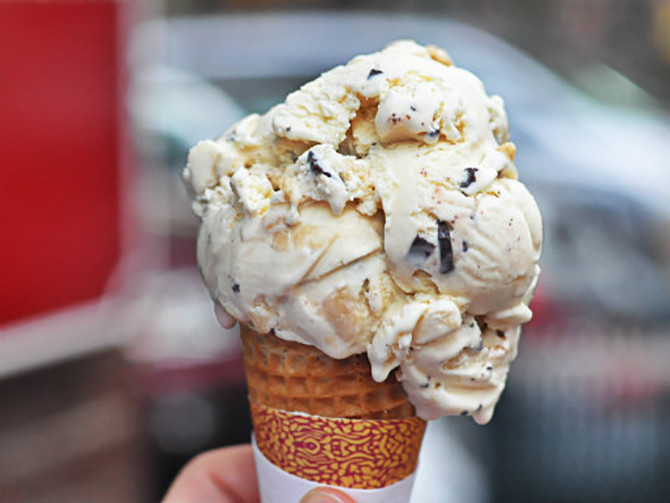
Photo by Alexandra Penfold
Actually, it’s the secretions from the beaver’s butt glands. When processed, castoreum has a pleasant smell, which makes it the perfect “natural flavoring” (seriously, it’s labelled as that) for your sweet treats.
6. Fish Bladder in Your Beer
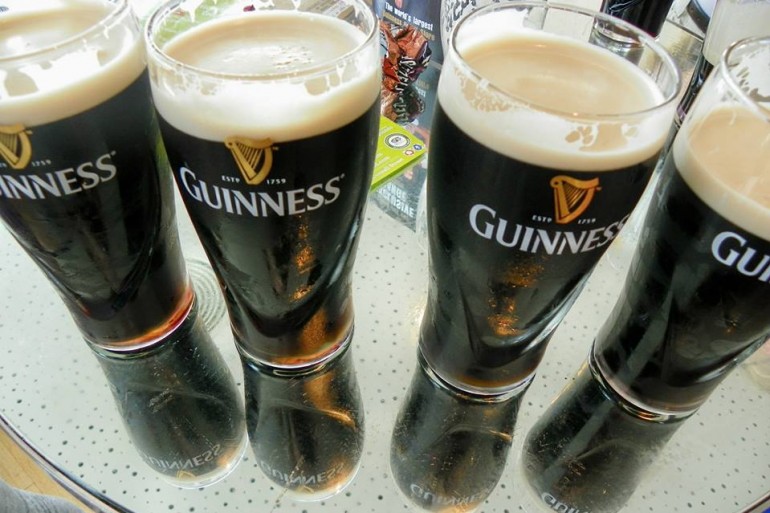
Photo by Lauren Thiersch
Also known as isinglass, dried fish bladders are used by some beer manufacturers to make the beverage more clear. The bad news is Guinness is one of those beers; the good news is they are going vegan later in 2016.
7. Human Hair in Your Bread
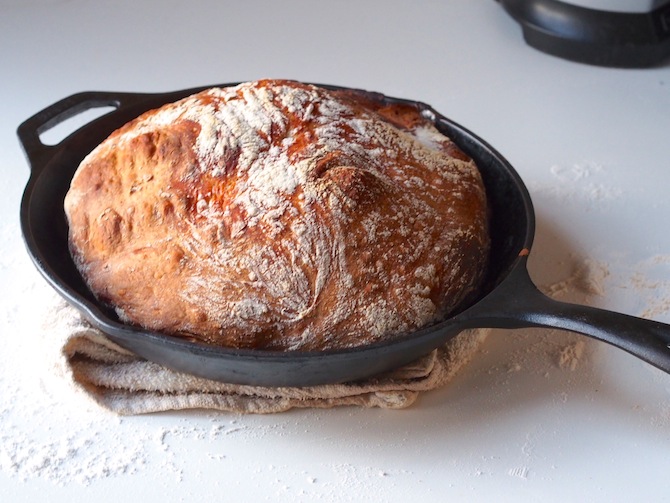
Photo by Emily Hu
Disguised under the name of L-Cysteine, human hair is commonly used by large bread manufacturers because it speeds up production. It may also be made from duck feathers… we’re not sure which one is better.


